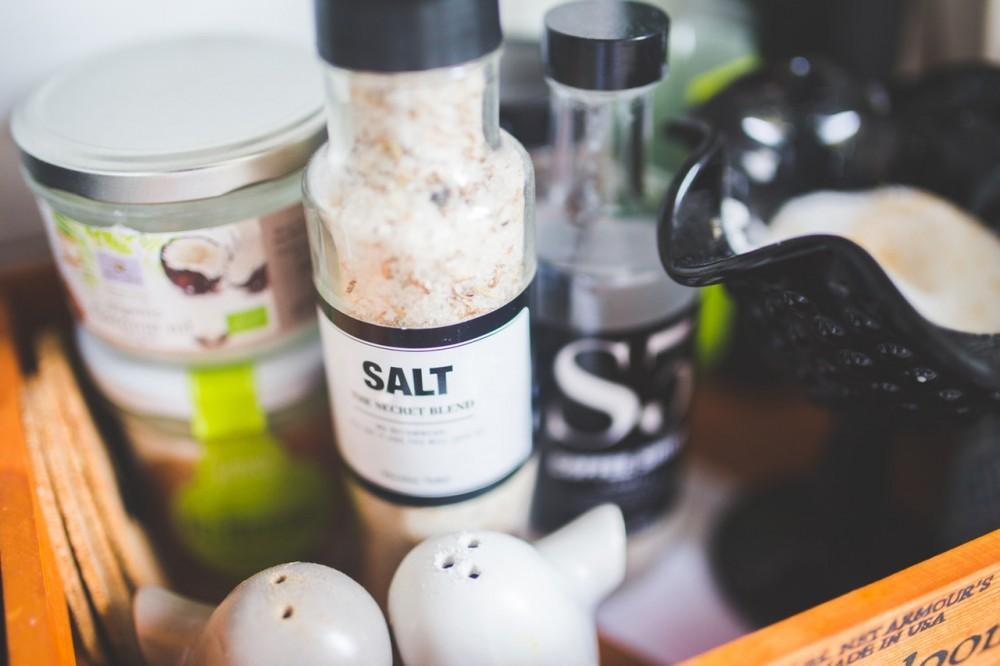Most of us try and avoid a high sugar intake, but taking too much salt can be equally dangerous for your health. According to the American Heart Association, the average adult must limit their sodium intake to 1,500 – 2,300 mg per day. Most Americans consume an excess of 1,000 mg salt per day and 70 percent of this comes from processed foods and eating too much restaurant food. Let’s take a look at what happens to your body when you take too much salt and how you can manage your daily salt intake.
Side-Effects of Salt
Some of the major side-effects of high salt intake include:
High Blood Pressure
Taking too much salt causes high blood pressure. This, in turn, affects your arteries as it causes artery walls to become thicker. As the space within your arteries decreases, your blood pressure increases even more. Additionally, narrow arteries mean that your organs are unable to receive the oxygen and nutrients they require. This can result in organ damage and can also cause your arteries to clog up or burst.
Impaired Kidney Function
Your kidneys remove unwanted fluid from your body through osmosis. This process depends upon the sodium and potassium levels present in your blood. High sodium intake can impair their ability to remove unwanted fluid. Not only does this result in high blood pressure, but it can also cause kidney disease.
Damage to Heart and Brain
High blood pressure can also damage your heart and brain. As the amount of blood that is reaching your heart decreases, you may experience the symptoms of angina. This can also cause a heart attack. The high blood pressure and reduction in the amount of blood received by the brain can cause dementia and put you at risk of a stroke.
Managing Your Salt Intake
You can reduce the risks associated with a high sodium intake by making some basic diet and lifestyle changes. These include:
- Avoiding processed red meats and other processed foods that contain salt. You must also avoid eating smoked or cured meats.
- Carefully checking the nutrition labels on the packaged foods you purchase. Look for words like Na, sodium, and soda. This should help you avoid high-sodium foods.
- Eating foods that contain potassium. This can balance the effects of the sodium in your diet and may help reduce your blood pressure.
- Avoiding fried or processed chicken. This is enhanced with a sodium solution. Fresh, skinless poultry is a much healthier option.
- Buying cheese that is low in fat and sodium.
- Eating more fruits, whole grains, vegetables, nuts, legumes, and plant-based protein. This will help cut down your sodium intake. It will also help you avoid unhealthy fats.
To Sum It Up
There are considerable side-effects of high salt intake, and you must try your best to cut down on the excessive sodium present in your diet. Doing so can improve your health and also help reduce the risk of heart and kidney disease.
If you’re seeking further advice on managing your sodium intake, we suggest you make an appointment with a physician at irvingprimarycare.com, visit https://www.healthonemedicine.com/or call (469)262-5762.

